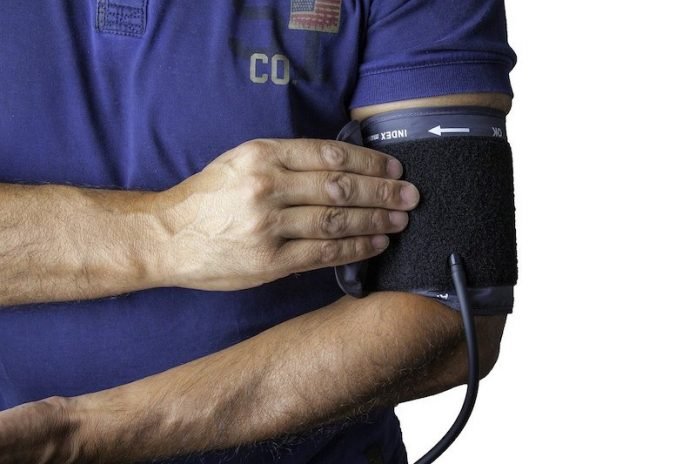
In a new study, researchers found that only 3% of patients at high risk for primary aldosteronism (PA).
It is a common disorder that causes high blood pressure and can lead to heart and kidney complications, are screened for the condition.
The results showed that initiatives to encourage PA screening are crucial for preventing heart and kidney disease in many patients with high blood pressure.
The research was conducted by a team at Michigan State University.
PA is the most common form of secondary hypertension—high blood pressure caused by another disease. Nearly half of adults in the United States have high blood pressure.
PA occurs when the adrenal glands produce too much aldosterone, the hormone responsible for balancing potassium and sodium in the body.
Overproduction of aldosterone causes the body to retain more sodium and lose potassium. This leads to elevated blood pressure, increasing the risk of heart and kidney disease.
Patients with PA have a higher risk of developing cardiovascular and kidney complications compared with patients with primary hypertension (high blood pressure without an apparent cause) with similar blood pressure.
In the study, the team reviewed data for adult patients with high blood pressure seen in outpatient clinics between 2010 and 2019 who were known to be at risk for PA.
Of 11,627 patients, only 3% were ever screened for PA.
Risk factors included hypertension resistance to treatment, hypertension below age 40, hypertension and obstructive sleep apnea, hypertension and potassium deficiency, and hypertension and a mass in the adrenal gland.
The team found the diagnosis of PA was suspected more often after complications—such as strokes and kidney disease—had already developed.
Of the patients at risk for PA, screening was done most often in those with adrenal nodules (35%) and least often in those with sleep apnea (2%).
The study was presented virtually at ENDO 2021. One author of the study is Seda Grigoryan, M.D.
Copyright © 2021 Knowridge Science Report. All rights reserved.



